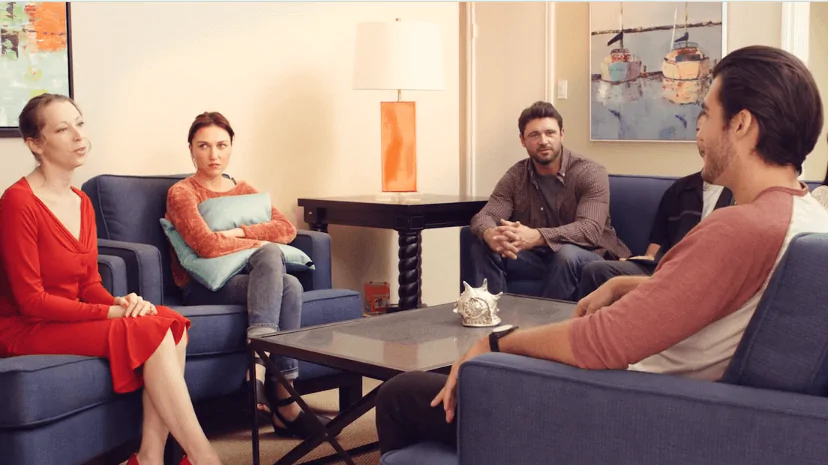24/7 Helpline:
(866) 899-111424/7 Helpline:
(866) 899-1114
Learn more about Dialectical Behavior Therapy centers in Watonga
Dialectical Behavior Therapy in Other Cities

Other Insurance Options

Providence

UnitedHealth Group

ComPsych

Kaiser Permanente

Coventry Health Care

Optima

BHS | Behavioral Health Systems

MHNNet Behavioral Health

Cigna

Private insurance

Molina Healthcare

Access to Recovery (ATR) Voucher

Ambetter

Sliding scale payment assistance

Humana

CareFirst

AllWell

BlueShield

Health Choice

Health Partners

Red Rock Behavioral Health Services
Red Rock Behavioral Health Services is a private rehab located in Watonga, Oklahoma. Red Rock Behavi...



YouthCare of Oklahoma
YouthCare of Oklahoma is an outpatient clinic that provides mental health and substance use treatmen...







































































